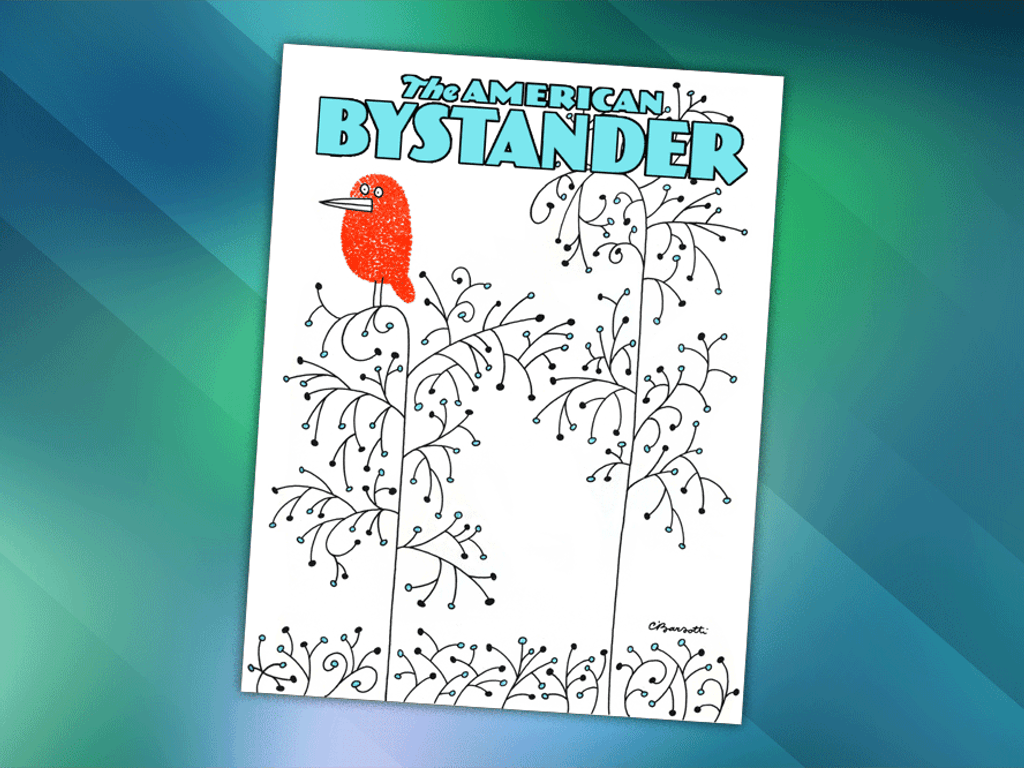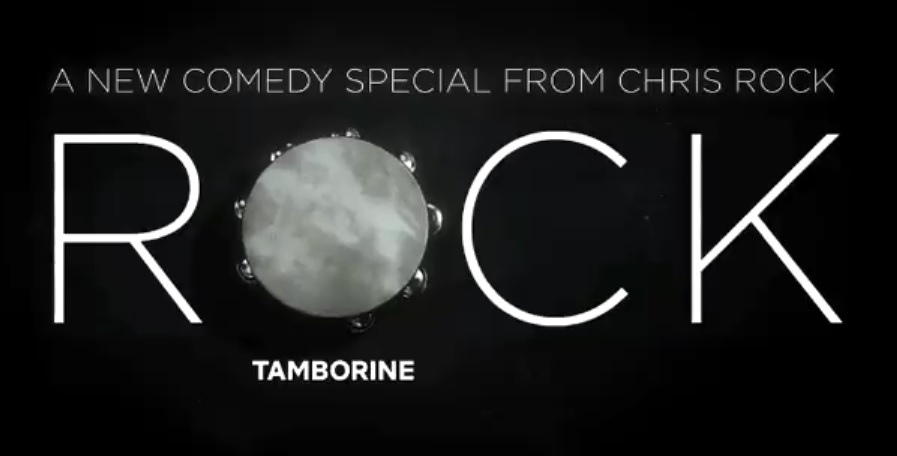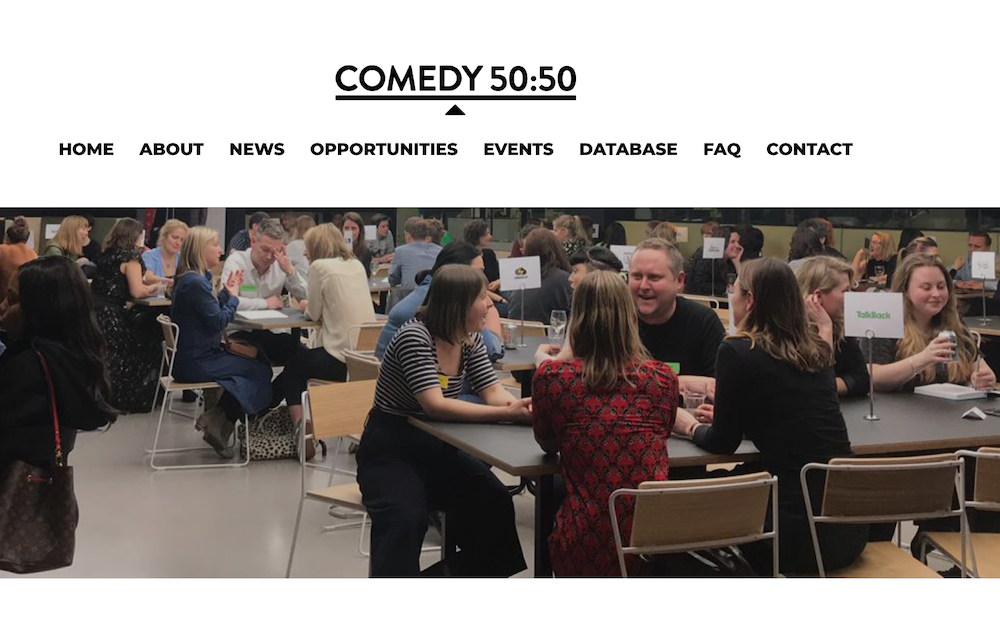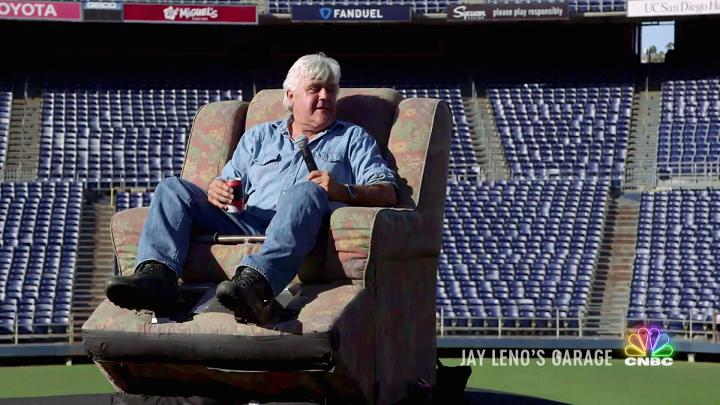Will kids of all ages still read humor in print?
Like, on paper, in magazines and stuff?
The American Bystander proved they could find an audience of thousands — a generation after The National Lampoon and SPY — with the publication of their first issue last fall. Now Michael Gerber, Brian McConnachie and Alan Goldberg are hoping lightning strikes twice for The American Bystander with another Kickstarter for their second quarterly magazine issue.
“Reaction was euphoric,” Gerber said. “We made our Kickstarter goal in just four days. And the moment people got issue #1, readers asked, ‘When can I buy #2?’ We were astounded. People aren’t supposed to like print anymore — but they do.”
They sold 2,000 print magazines of Issue #1 — 146 pages worth of jokes and funny nonesuch– at $25 each.
They’ve lowered the price to $20 for Issue #2.
McConnachie wrote for the Lampoon for four years in the 1970s, followed by stints writing for TV for both SCTV and Saturday Night Live. Gerber has written for SNL and The New Yorker. And Goldberg has worked in documentary TV and radio, and is helping with the podcast and live-event side of the business.
Issue #2, should you choose to invest in it, includes works from SNL’s Jack Handey and McConnachie, Letterman’s Merrill Markoe and Steve Young, Slate’s Mallory Ortberg, a whole raft of New Yorker cartoonists young and old, The Simpsons’ Mike Reiss, Onion writers Todd Hanson and John Howell Harris, SPY‘s Nell Scovell, and a sterling lineup of comic book veterans from Howard Cruse and MK Brown to Rick Geary and Shary Flenniken.
The Kickstarter money not only helps produce the actual magazine, but also pay writers fair wages for their work, as the magazine doesn’t accept paid ads. “Here’s a novel idea: We are going to pay our contributors a fair wage, plus let them keep all the rights to their work,” McConnachie said.
Gerber added: “Humor magazines are the Bernie Sanders of the media world. Corporations hate them. They’re grass-roots, eccentric, human-sized. If readers keep loving us, we’ll be fine. If not, we probably shouldn’t exist anyway.”




